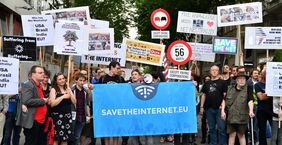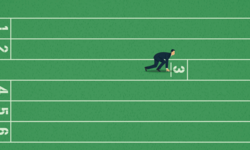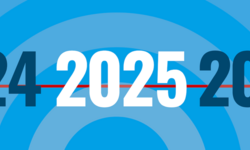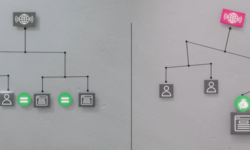
Civil society urges Portuguese telecom regulator to uphold net neutrality
13 civil society organisations have submitted a complaint to the Portuguese regulator on one of the most extreme net neutrality violations in Europe, urging them to use their authority to prohibit so-called zero-rating offers.
“Portugal features the worst net neutrality violations we have seen in Europe to this day. It is hard to imagine how an independent regulator cannot find those offers in violation of EU law”, says Thomas Lohninger, Executive Director of epicenter.works, a member organisation of European Digital Rights (EDRi). "In this complaint we present legal and economic evidence that, by all critieria of the EU net neutrality rules, these products should be prohibited", Lohninger added.
The European Union (EU)'s net neutrality rules protect European citizens' right to a free and open internet. They came into effect in April 2016. The Body of European Regulators for Electronic Communications (BEREC) laid down guidelines to clarify certain aspects. Despite the strong protection these guidelines offer, we have witnessed a dramatic increase in net neutrality violations in Europe, particularly zero-rating offers. This practice makes using certain applications more expensive than others. To date, not a single regulator in the EU has decided against such offers, despite having authority to do so.
In Portugal, the three largest mobile operators, MEO, Vodafone and NOS, hold a combined market share of more than 95%. All of them offer zero-rating products that give preferential treatment to dominant internet companies like Facebook and Google. The country ranks among the worst in Europe when it comes to the price and availability of mobile data download capacity, and the zero-rating offers in question are far cheaper than any other data volume a Portuguese citizen can buy. The telecom companies decide in an intransparent process which internet services are included in the zero-rating offer. The operator can exclude services from the offer at any time without being accountable to their customers.
In March 2018 the Portuguese regulator ANACOM finally decided to start a formal assessment of this offer and came to the conclusion that the telecom companies offering these products are allowed to continue. ANACOM's draft decision is now subject to a consultation, and 13 civil society organisations (NGOs) have written a joint submission to urge the regulator to change its position. As part of this submission, the NGOs present statistical evidence based on data from the European Commission that zero-rating has a detrimental effect on the price of internet access. “In general, prices for mobile data volume in Europe fell by 8% from 2015 to 2016, except in markets where zero-rating products are offered. There, prices increased by 2%”, said Thomas Lohninger.
The EU protections for net neutrality will soon undergo a reform. BEREC is currently conducting a public consultation on the guidelines for national regulators that it passed in 2016, and the European Commission is expected to publish its evaluation of the underlying regulation by April 2019. EDRi and its member organisations will continue to fight for net neutrality, sharing its analysis with regulators, legislators and the courts.
Read more:
- Portuguese ISPs given 40 days to comply with EU net neutrality rules (07.03.2018)
- Video: Net Neutrality Enforcement in the European Union (29.12.2017)
- Net neutrality wins in Europe! (29.08.2016)
- BEREC Guidelines on the Implementation by National Regulators of European Net Neutrality Rules (30.08.2016)
- Zero rating: Why it is dangerous for our rights and freedoms (22.06.2016)
- SaveTheInternet.eu campaign (2013-2016)
Since you're here
… we have a small favour to ask. For articles like this, we analyse legal texts, assess official documents and read T&Cs (really!). We make sure that as many people as possible concern themselves with complicated legal and technical content and understand the enormous effects it has on their lives. We do this with the firm conviction that together we are stronger than all lobbyists, powerful decision makers and corporations. For all of this we need your support. Help us be a strong voice for civil society!
Become a supporter now!






